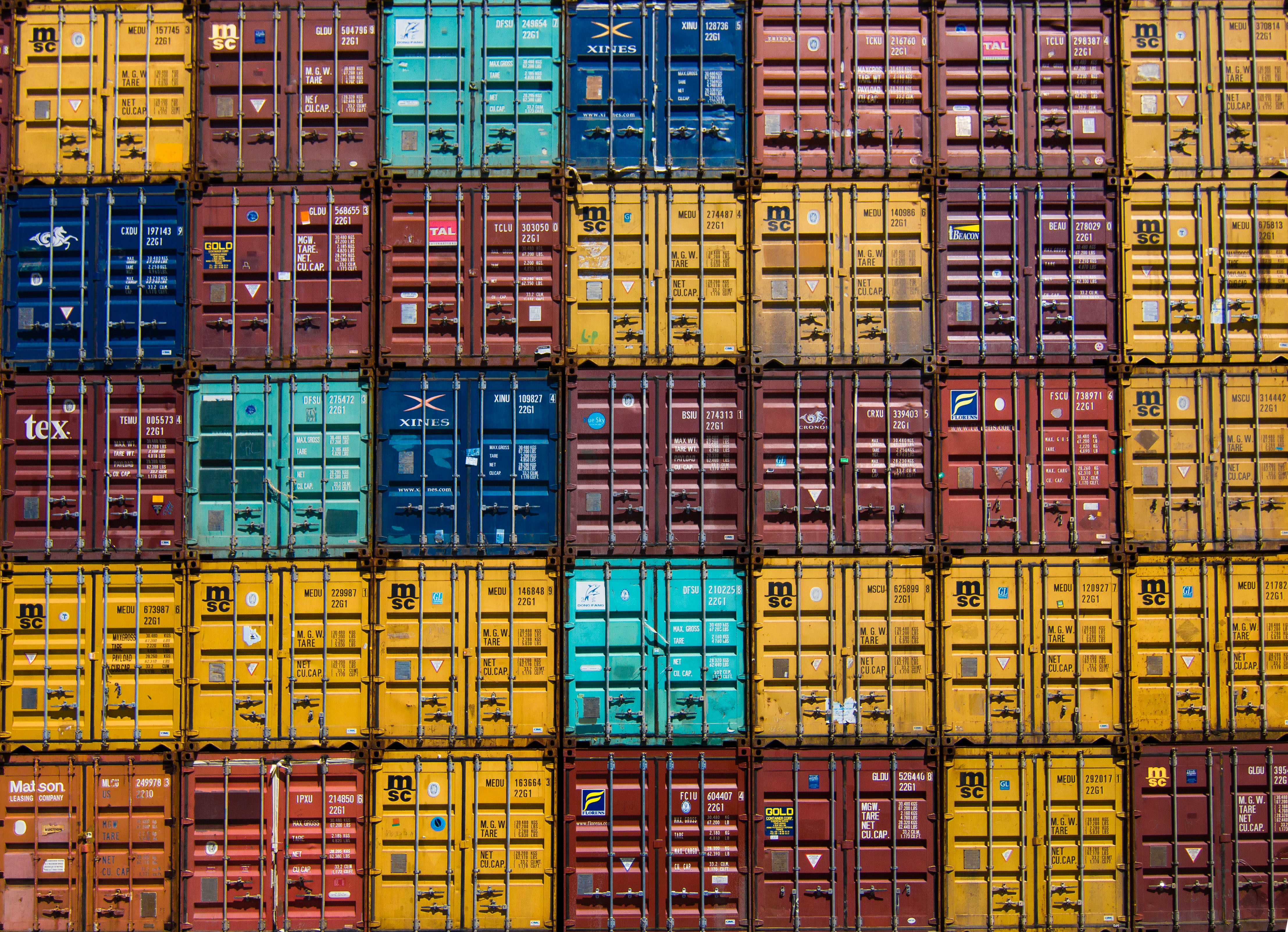The benefits of Logistics 4.0 to meet the challenges of COVID-19

*By Ana Dividino, Business Director at Softtek Brasil and Fábio Corso, Specialist in Logistics Solutions
“Smart production is useless without a logistics that lives up to it.”
We have recently been experiencing momentous change across the spheres of government, business, political and human relations, and such change will take a completely different form in the post-pandemic era. Technologies will become strategic accomplices for the survival of organizations and will support the most urgent actions in this new era.
In this challenging and disruptive scenario, resource management becomes a survival factor, making the role of logistics a vital point. With a share of around 12% of Brazil's GDP (R$876 billion in 2019), logistics costs have the potential to generate value for companies in the segment.
More than ever, the importance of digital transformation takes on Homeric proportions, mainly within the scope of industry. Industry 4.0 and Logistics 4.0 are interconnected and move away from the traditional through technologies that automate, self-diagnose, self-configure, and optimize virtually on their own.
With the application of the Industry 4.0 concept, it’s no longer necessary to mass-produce while focusing on the correct quantity to avoid stock build-up. The focus is now on personalization; lean and efficient production to preserve cash and reduce costs. As part of this ecosystem, logistics continues to maneuver challenge and innovation through Logistics 4.0.
Obviously, smart production is useless without a logistics that lives up to it, with benefits ranging from the human aspect to the business aspect.
The concept of Logistics 4.0 is the adoption of technologies to connect innovative actions with automated processes (digital, mechanization, robotization), generating momentum to overcome the paradigms of the next years of Logistics. Such momentum can be obtained through optimization, cost reduction ranging from 10% to 20%, and increased crossing speed.
How do we engineer the transformation from traditional to 4.0?
- IoT (Internet-of-Things): The connectivity of objects (smart devices) is one of the main drivers of digital transformation. IoT creates competitive advantages for products and services while intertwining the physical and digital worlds through the generation of real-time data.
- Cloud Computing: An engine for the transformation of processes and improvement of strategic management, cloud computing enables cost optimization for infrastructure, communication, and data storage. The strategic benefits of implementing this technology lie in scalability and mobility, as they facilitate the deployment of strategic platforms.
- Big Data - Decisions are made based on data. Organizations produce endless volumes of structured and unstructured data every day, which can be leveraged to generate business value through quicker and more informed decision making.
- Machine Learning - A resource that seeks to analyze information automatically for the formation of analytical models.
- Blockchain - Trust data; robustness and redundancy; availability; compliance.
Therefore, the connectivity of technologies will make Logistics 4.0 support the challenging journey in this new scenario, generating new agile processes.
- Supply Chain: Balanced ecosystem, from demand calculation, acquisition costs, inventory, and logistics costs, to calculations of future demand with a high degree of assertiveness, and understanding the behavior of customer and supplier experiences.
- Production: Integration between production and logistics through automation, connectivity, and intelligent processes.
- Stock Management: Inventory management to reduce losses, increase inventory turns, and boost productivity through wearable tech.
- Transport: Efficiency in routes to enable fuel efficiency, payment control through data integration (blockchain), and cargo tracking for data analysis.
Through its physical dimensions of the supply chain and the digital data value chain, Logistics 4.0 will take business to new heights and strengthen strategic positioning for this new business context—investing in technologies and strategies that optimize has never been so important.



%20(1).jpg?width=352&name=william-william-NndKt2kF1L4-unsplash%20(1)%20(1).jpg)